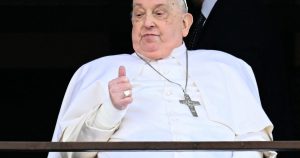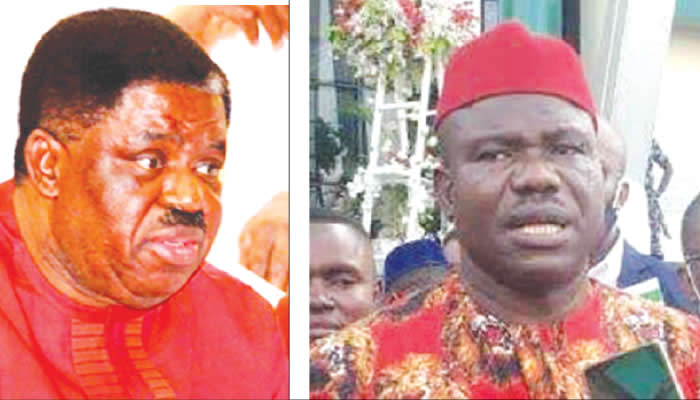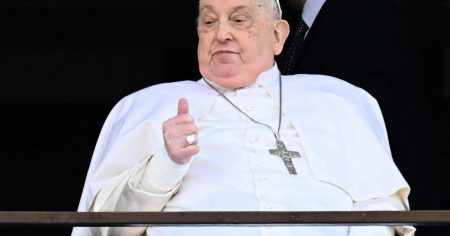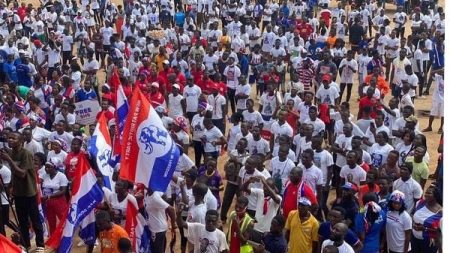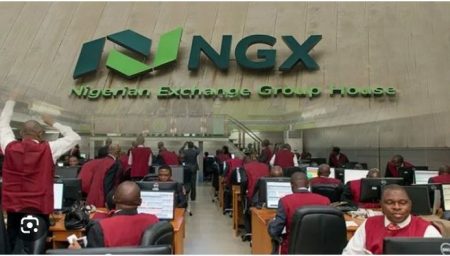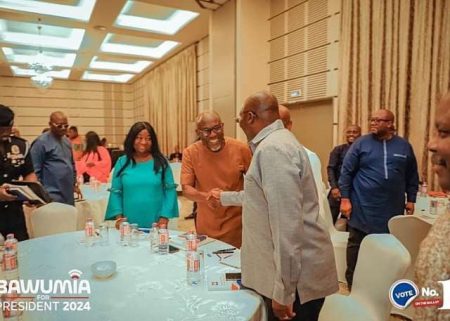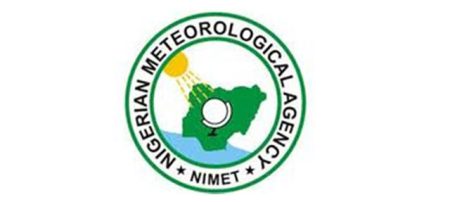The Peoples Democratic Party (PDP) in Ebonyi State faces significant challenges as it transitions from a ruling party to the main opposition since 2019 when the former governor, David Umahi, defected to the All Progressives Congress (APC). This shift was particularly disruptive, given that the PDP had been a dominant political force in the state for over two decades, with consistent electoral successes since 1999. The aftermath of Umahi’s departure has intensified internal strife among PDP members, with reports of sabotage, anti-party activities, and fierce leadership struggles further complicating the party’s efforts for renewal. The fractious nature of internal politics is exacerbated by the perceived allegiances of certain party members to the APC, leading to a lack of cohesion within the PDP.
Since 2020, the Ebonyi PDP has been embroiled in a series of contentious political confrontations, particularly following its 2021 congress, where leadership disputes emerged that have extended into the 2023 election cycle. The emergence of parallel candidates in primaries has diminished party unity, while factions within the PDP have reportedly engaged in detrimental activities that undermine its electoral prospects. Such fragmentation is often attributed to members who exhibit dual loyalties, navigating the complex political landscape by aligning with both the PDP and APC. This has left many within the party questioning the commitment of their colleagues, causing an atmosphere rife with distrust and hostility.
Prominent party members have called for a reformative approach to address the crisis gripping the PDP in Ebonyi. Chief Moses Idika, for instance, has urged party leaders to identify and expel factions perceived as hindering progress, advocating for a purification of the party’s ranks. The fight against internal dissent has manifested dramatically through recent incidents like the suspension of Chief Ali Odefa, the former National Vice Chairman of the PDP in the South-East. Accused of engaging in anti-party activities and alleged collaborations with the APC, Odefa’s suspension highlights the intensifying power struggles within the PDP. His supporters, however, challenged the legitimacy of the suspension, arguing that the action was politically motivated and aimed at discrediting him.
The complexity of these internal conflicts is indicative of a broader struggle within the PDP to maintain its relevance and operational integrity. A former chairman of the Ebonyi PDP pointed fingers at various influential figures, including a former governor, who are perceived as undermining the party’s stability due to their ambitions aligned with the APC. This pattern reflects a troubling trend where politicians prioritize personal gain over party loyalty, engendering a climate of suspicion and fragmentation. Such defections have been attributed to economic insecurity in the region, pushing political actors to seek more lucrative positions within the ruling APC as a means of survival.
Furthermore, the lingering socioeconomic conditions in Ebonyi State exacerbate the political turbulence faced by the PDP. With the state being among the poorest in its region, many political actors view party affiliations as potential means for financial advancement rather than platforms for meaningful political engagement or public service. As the political landscape evolves, there is an expectation of further volatility, with many scrambling to secure positions for the upcoming elections. This survival instinct among politicians signifies a shift in focus from ideological commitments to pragmatic concerns about economic sustenance, complicating the reclamation of party unity.
In sum, the PDP in Ebonyi State stands at a precarious crossroads marked by internal strife and diminishing cohesion, struggling against both external political foes and enemies within its own ranks. The departure of former leaders like David Umahi catalyzed significant changes that have reshaped the party’s dynamics, leading to dramatic shifts in loyalty and increasing hostility among members. The ongoing battles over leadership, combined with economic motivations and external pressures, frame a complex reality where the party must confront its internal division if it is to forge a path towards resurgence and reclaim its role as a leading political force in the region. Emphasis on purging insincerity and fostering unity is essential as the PDP navigates these turbulent waters in anticipation of future elections.



